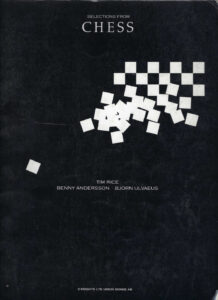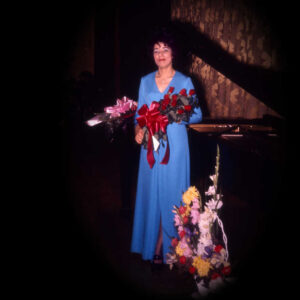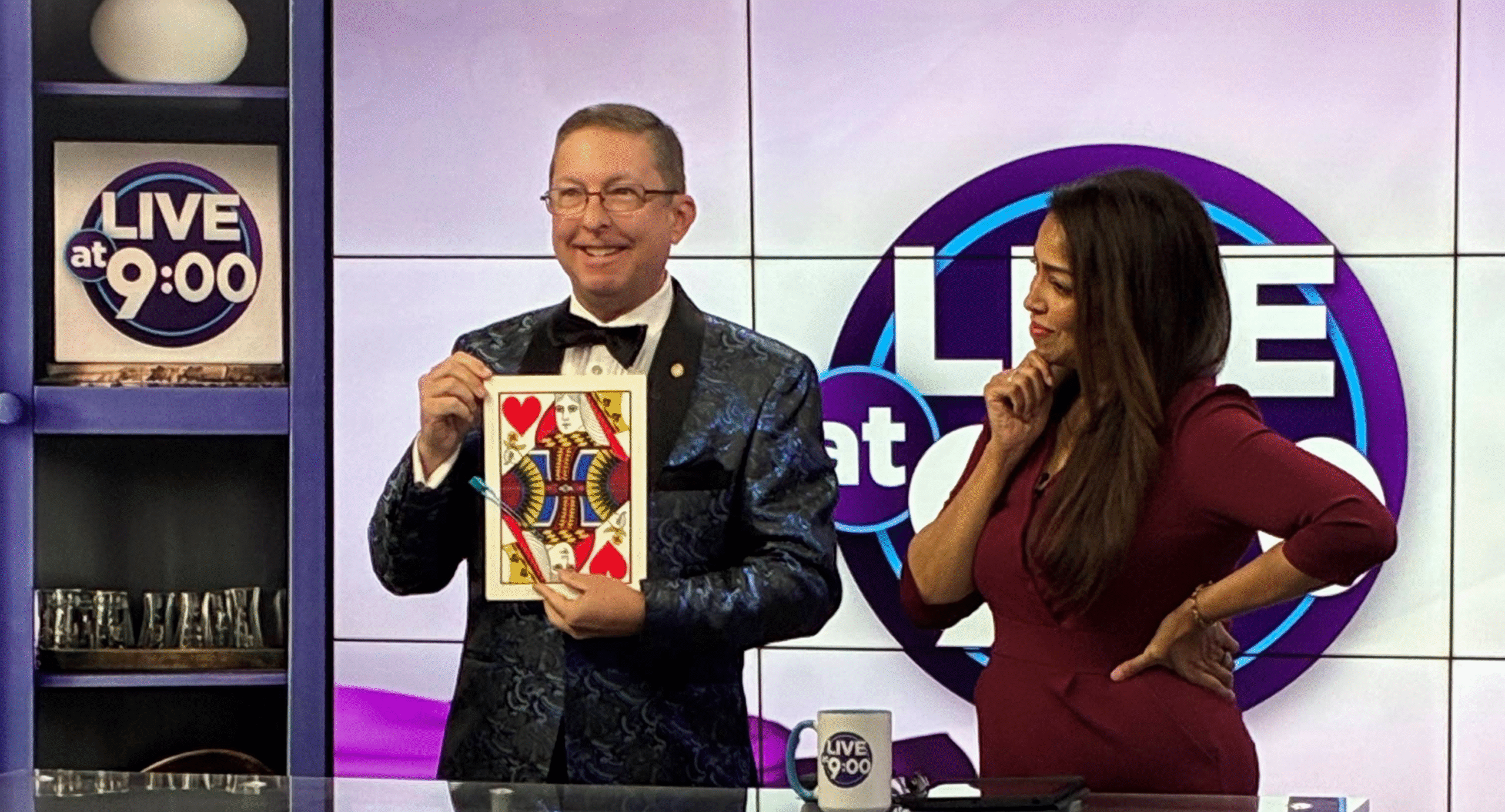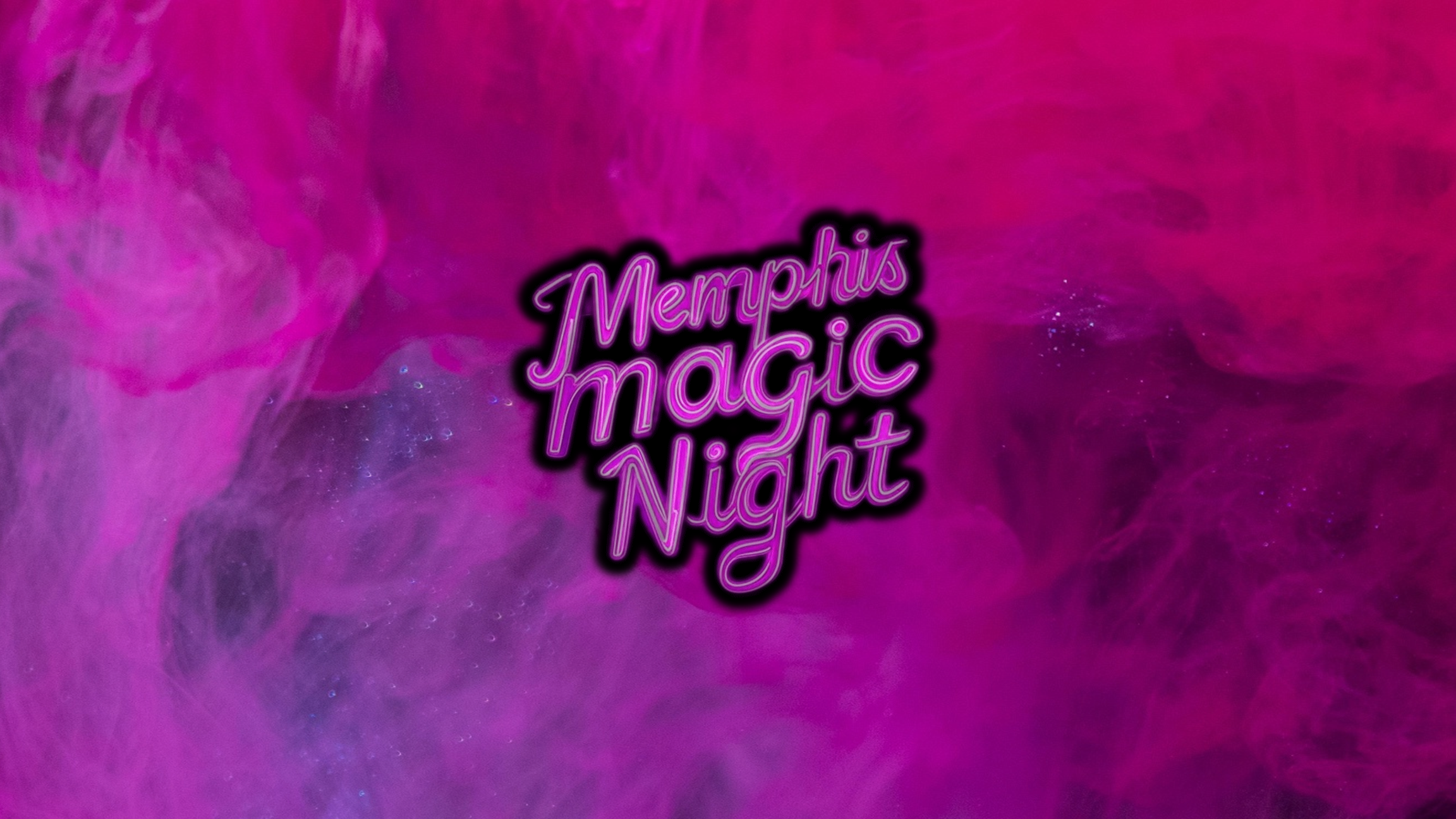I recently learned of the passing of Dr. Geraldine Collins, my piano professor at Mississippi State University. In discussing memories of her on Facebook and on www.gerriecollins.com, I remembered the story of how I came to be admitted to her studio in the first place. It is too long a story for a Facebook comment, but I thought it might interest enough people to post it here and share the link.
Like a lot of kids, I took piano lessons as a child. We had an old piano at our house and I remember working through some basic books as a young boy in first or second grade. My grandmother had a piano at her house, too, and most of her sisters played very well; I can remember hearing those sisters singing around the piano at family gatherings. My mom played hymns with moderate ability, and her brother, my uncle, was a voice major who also knew his way around the keys. Of course it was his wife, my aunt who went on to a career as a Broadway musician and music director/conductor, who was the most expert pianist in my world. All that to say this: I was never without a pianist in my near orbit as I grew up.
I took five years of formal lessons from 5th through 9th grades, and then dropped my lessons and continued to play on my own. While I had been exposed to Bach, Beethoven, Mozart, Khachaturian, Bartók, Chopin, and others in my formal lessons, the reality was that television theme songs, movie soundtracks, and Broadway show tunes were my jam. Mom and Dad got me a subscription to Sheet Music magazine and that monthly collection of pop, jazz, Broadway, novelty, and standard music was mostly what I played in high school and on into college. As a result of playing a lot of new music every month and reading those articles on theory and performance, I became rather proficient in sight-reading and even did some rudimentary composing and arranging for my own enjoyment.
At Mississippi State I got involved with MSU Opera Theatre, which brought me into conversations with a lot of music education majors. I auditioned for and was cast in The Pirates of Penzance, which had me in rehearsals on a regular basis, accompanied by Jane Stewart (later Jane Stewart Hunt), a professor on the piano faculty.
I remember one day before rehearsal in the spring of 1989, I was sitting at the piano in the choral hall, playing the Penzance score and going over some sections with some of the singers. Mrs. Stewart made a comment that she thought I was quite good and should consider taking some piano at State. I had seen and heard the “real” piano majors at State and knew I wasn’t in that category, but it did sound like fun. I put it off for a while, but by the late fall of 1989 I thought it would be fun to restart some lessons.
I went over to the Music Ed department and asked what I would have to do in order to sign up. I remember being told that unless I wanted to go into a group beginner class, the department head would need to listen to me play and she would assign me to a studio. An appointment was made for me to visit Dr. Geraldine Collins in her studio the following week. I was told to bring something I enjoyed playing.

I remember that afternoon. Dr. Collins had jet black hair and often wore dark glasses. She had a low, gravelly voice and I was thoroughly intimidated by her. I knew she was probably the musician with the most advanced training that I had ever sat alone and played for at all, much less in the context of an audition. She asked what I had brought to play, and I pulled out the vocal selections from the musical Chess, which had a piano solo that was the underscore for a scene in the show. It was written in a Russian style and had three contrasting themes. It finished with a fair amount of drama, too, which I thought would be a good thing.
She told me she was unfamiliar with the show and the piece, but to go ahead.
It wasn’t a technically proficient performance. I tend to fake my way through difficult passages. I have terrible to non-existent scale technique. But I do understand the music and I can “sell it.” So I played it with some gusto and tried my best to “sell it.”
It was quiet for a moment when I finished. I started to feel a little embarrassed, thinking that I had perhaps humiliated myself.
She waited another long moment and then said, “Well, there’s a lot to work on, but there’s a lot to work with. Joe, you’ll be studying with me personally in the spring. Sign up for a spot that fits your schedule.”
That was my audition. The great Dr. Collins decided to let a showtune junkie take up a spot in her studio.
In the spring she began “the work.” She dropped some Rachmaninoff on me pretty quickly, probably based on the Russian flavor of my audition. She gave me Albeniz’s Asturias, a beautiful piece that I didn’t understand at first. The Liszt Hungarian Rhapsody No. 11 was probably the most ambitious piece she ever put in front of me and I worked on it a lot. Later in life I had the opportunity to play it in Budapest, at the National Széchényi Library, after having a personal tour of some of Liszt’s own original manuscripts. Over the year that I studied with her she repeatedly tried to get me to change my major to piano performance. I resisted, to her displeasure.

The piece she gave me that has meant the most to my soul is Robert Schumann’s Romance in F#, Opus 28 no. 2. This piece taught me that the piano could be more subtle and nuanced than I had ever given it credit for. I knew how to play soft or loud, slow or fast, staccato or legato. I understood that much. But this piece taught me to listen to the sounds of the notes in a new way, to understand how the piano hammers and strings made sounds and how I could control them in ways I had not explored. The perdendosi at the end was an ear-opener for me.
I have continued to play, perform, compose, and enjoy piano and vocal music throughout my life. There is little doubt that my ability to appreciate it at a higher level comes from my two-semester association with Dr. Collins. I was not one of her Liebestraum level students, whose skill and discipline I so envied. But I am grateful that she gave some legitimate structure and training to the clueless boy who brought a showtune to his classical piano audition.
I lost track of Dr. Collins after her retirement and move to Florida. I think we might have exchanged an email somewhere along the way over the last thirty years, but we were not in continuous contact. I was sorry to miss her memorial service, but I am looking forward to the building-out of her web site by her niece, Elizabeth, who was also her caretaker for much of the latter part of her life. There you can see some photos and, I understand, you will be able to listen to some recordings in the future.
Rest in peace, Dr. Collins – my one and only piano professor.






One Response
Joe, I tried to reply to your facebook post, but I could only share and hit a “love.” I also replied to your link at Gerrie’s website. Hopefully you got notice of that. But I just wanted to make sure you knew how much I and my family appreciate this post. Thank you so much for recounting your experiences. Grief is hard no matter what, but this kind of sharing really helps.:-)